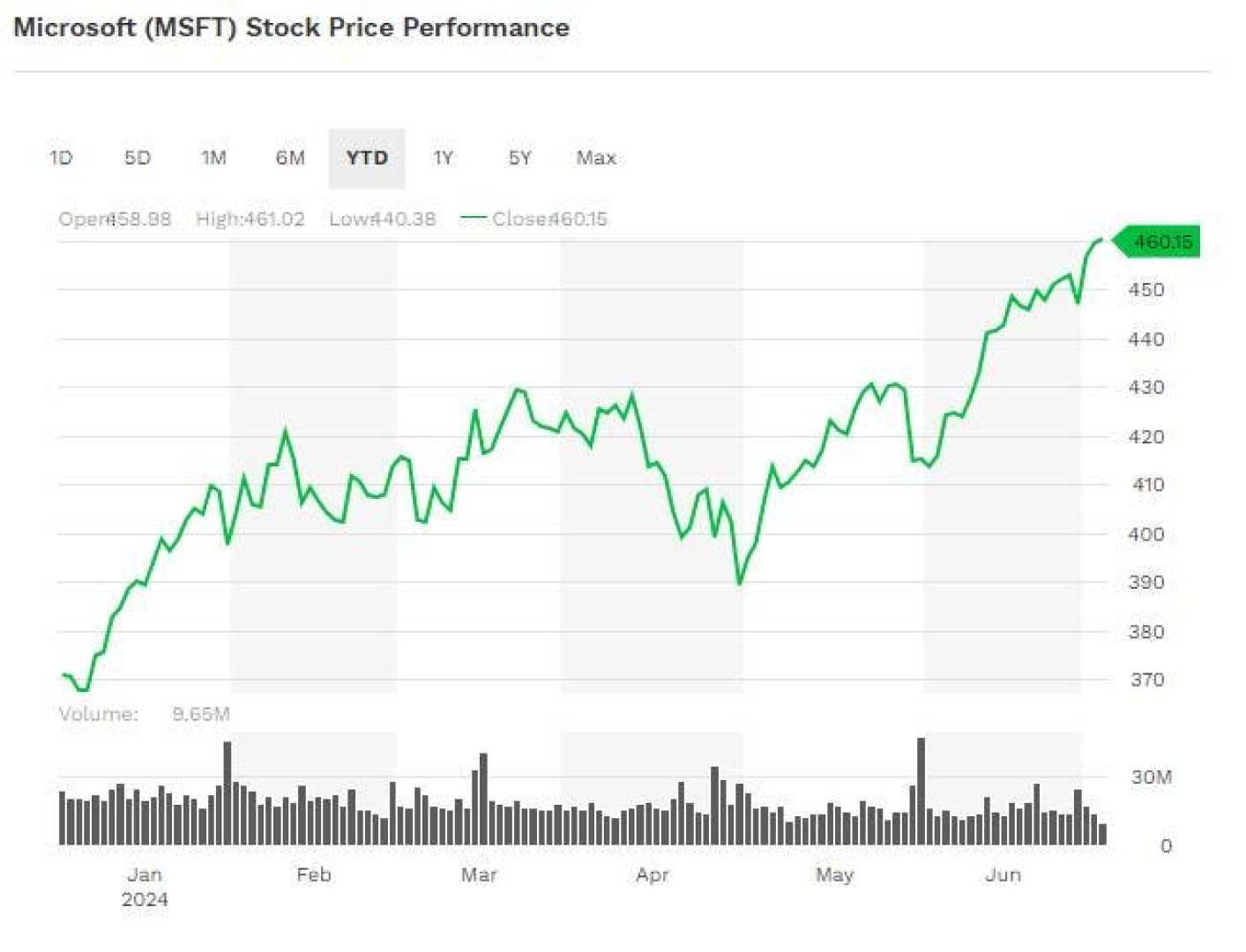Business
Microsoft’s Investment Landscape Shifts Amid Hedge Fund Dynamics

NEW YORK, NY – Microsoft Corporation is witnessing notable changes in its investment dynamics as hedge funds navigate a complex market landscape. Fmr LLC has recently reduced its stake in the tech giant by 2.3%, retaining a substantial 211 million shares, which makes Microsoft the second-largest investment in its $91 billion portfolio. Meanwhile, other hedge funds are ramping up their investments, indicating a robust belief in Microsoft’s growth potential.
Christopher J. Hasenberg Inc., for instance, has increased its holdings by an impressive 35.7%, showcasing confidence despite ongoing market volatility. New entrants like Quarry LP and MidAtlantic Capital Management are also making their mark with new investments ranging from $45,000 to $75,000. This influx underscores the growing belief in Microsoft’s promising future in technology.
On Wall Street, analysts’ opinions on Microsoft reflect cautious optimism. Although some have adjusted their target prices downward, the general consensus leans towards a “Moderate Buy.” Analysts have set an average target price around $510, suggesting that Microsoft, despite market fluctuations, continues to hold its status as a tech leader.
A key aspect of this financial narrative is the insider trading activity within the company. Prominent executives, including Executive Vice President Judson Althoff, have sold millions in shares. Such transactions often denote strategic adjustments rather than negative signals and have generated speculation about Microsoft’s future growth and innovation directions.
As hedge fund activities and insider trading unfold, Microsoft remains a focal point for investment interest. Its substantial growth potential, combined with market resilience, creates opportunities for investors looking to capitalize on forthcoming developments.
Investors are particularly interested in understanding the pros and cons of investing in Microsoft at this juncture. The benefits include its robust market position as a leader in cloud computing and AI, consistent revenue growth, and a diverse portfolio, which includes ventures into gaming and hardware. On the downside, some argue about the stock’s high valuation and the intense competition Microsoft faces from major players like Google and Amazon in key sectors.
Market analysts predict future performance for Microsoft remains promising, as the “Moderate Buy” consensus suggests confidence in its capacity to weather economic changes and technological advancements. The positive market sentiment is amplified by an average target price of $510, which reflects ongoing confidence in Microsoft’s innovation and product expansion.
Insider trading, such as Althoff’s recent stock sales, tends to pique investor curiosity. Although such sales could signal strategic recalibrations, they’re not always indicative of internal issues. Instead, they often align with broader corporate strategies.
In summary, given Microsoft’s innovation pipeline and its strengthening market presence, the company is poised to remain a cornerstone in tech investments. Analysts recommend paying close attention to its strategic initiatives in AI and cloud services, as they could significantly enhance growth. Furthermore, Microsoft’s sustainability efforts are likely to resonate with socially conscious investors.
For further insights into Microsoft’s financial outlook and strategic plans, investors are advised to stay informed about global economic trends and any imminent regulatory changes that may impact the company’s trajectory. With its current financial stability and adaptability, Microsoft projects potential growth, even amidst conceivable market challenges.












